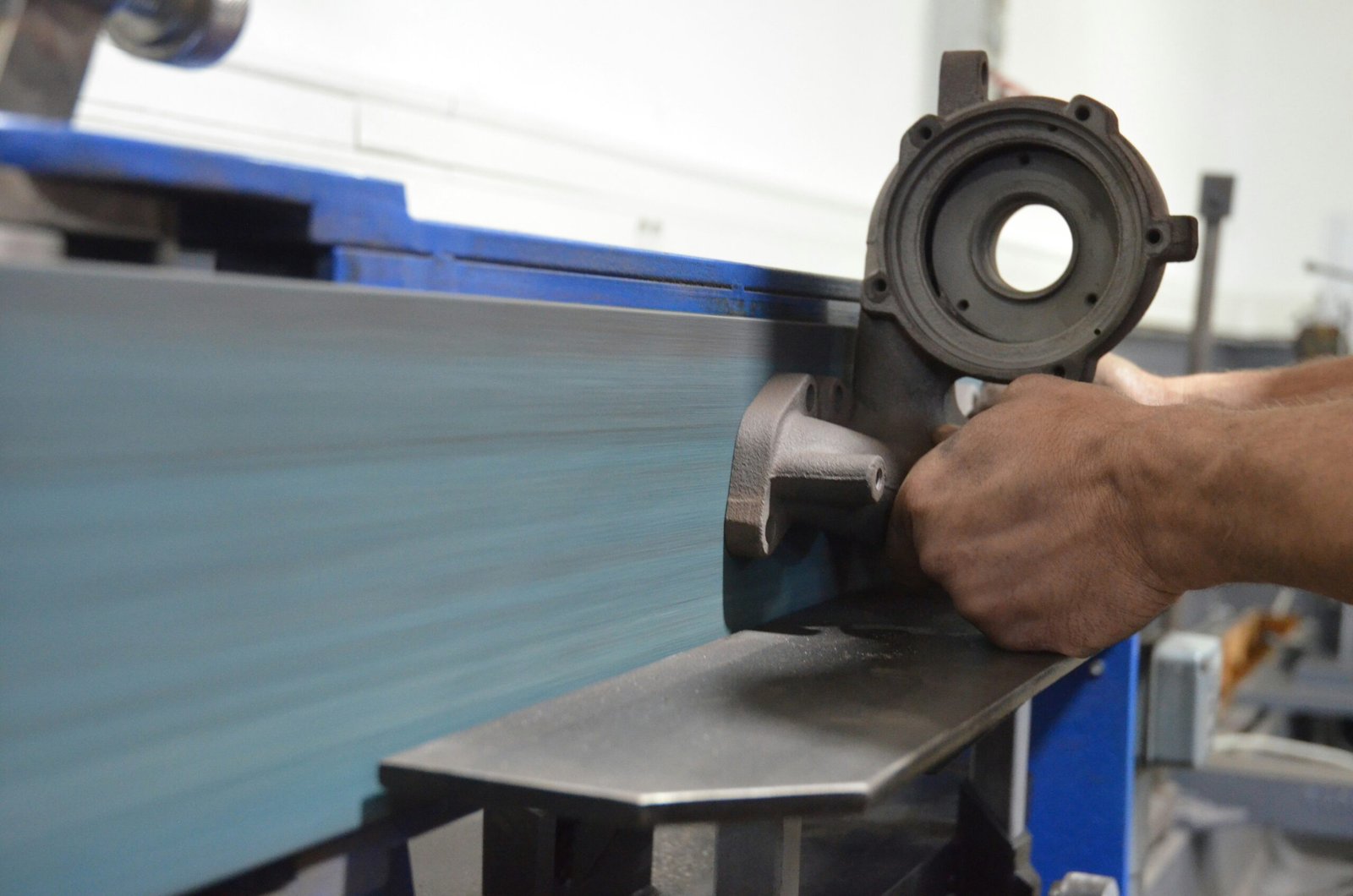Tips for Maintaining Turbochargers: Ensuring Longevity and Optimal Performance

Introduction
Turbochargers have become a popular feature in modern vehicles, providing improved power and efficiency. However, like any mechanical component, they require regular maintenance to ensure longevity and optimal performance. In this article, we will provide you with some essential tips for maintaining turbochargers, including regular oil changes and monitoring boost levels.
1. Regular Oil Changes
One of the most important aspects of turbocharger maintenance is regular oil changes. Turbochargers rely on a steady supply of clean and high-quality oil to function properly. Over time, oil can become contaminated with dirt, debris, and other particles, which can lead to clogging and reduced performance.
It is recommended to follow the manufacturer’s guidelines for oil change intervals and use the recommended oil viscosity. Regular oil changes help prevent the buildup of harmful deposits, ensuring that the turbocharger operates smoothly and efficiently.
2. Monitor Boost Levels
Boost levels refer to the amount of pressure generated by the turbocharger and delivered to the engine. Monitoring boost levels is crucial for maintaining the health of the turbocharger. Excessive boost pressure can put a strain on the turbocharger’s components, leading to premature wear and potential failure.
Investing in a boost gauge or utilizing the vehicle’s onboard diagnostic system can help you monitor boost levels effectively. It is important to ensure that the boost levels remain within the manufacturer’s recommended range. If you notice any irregularities or fluctuations in boost pressure, it is advisable to have your turbocharger inspected by a qualified technician.
3. Allow for Proper Cool-Down
After a spirited drive or extended periods of high-speed driving, it is important to allow the turbocharger to cool down before shutting off the engine. Turbochargers operate at high speeds and generate a significant amount of heat. Abruptly shutting off the engine without allowing the turbocharger to cool down can result in oil coking and damage to the turbocharger bearings.
It is recommended to idle the engine for a few minutes before turning it off, allowing the turbocharger to cool down gradually. This simple practice can significantly extend the lifespan of your turbocharger.
4. Use High-Quality Fuel and Filters
The quality of fuel and filters used in your vehicle can have a direct impact on the performance and longevity of your turbocharger. Low-quality fuel can contain contaminants that can clog the fuel injectors and affect the combustion process, leading to carbon buildup and reduced turbocharger efficiency.
Using high-quality fuel and regularly replacing fuel filters can help prevent fuel-related issues and ensure the turbocharger operates optimally. Consult your vehicle’s manual or manufacturer’s recommendations for the appropriate fuel grade and filter replacement intervals.
5. Avoid Excessive Engine Load
Putting excessive load on your engine can place a strain on the turbocharger and its components. Avoiding aggressive driving habits, such as constant hard acceleration and high-speed driving for prolonged periods, can help prevent unnecessary stress on the turbocharger.
Additionally, it is important to warm up the engine before demanding full power. Cold starts and immediate heavy loads can cause thermal shock to the turbocharger, potentially leading to damage.
Conclusion
Maintaining turbochargers is essential for ensuring their longevity and optimal performance. By following these tips, including regular oil changes, monitoring boost levels, allowing for proper cool-down, using high-quality fuel and filters, and avoiding excessive engine load, you can keep your turbocharger in excellent condition. Remember to consult your vehicle’s manual and seek professional assistance whenever necessary to ensure the best care for your turbocharged vehicle.
